When investing in a pool heater, you expect it to keep your water at the perfect temperature for years to come. However, many pool owners unknowingly risk premature heater failure by overlooking two essential components: check valves and sacrificial anode rods.
At Main Street Pool & Spa, we prioritize industry best practices to help you extend the life of your heater, avoid costly repairs, and maintain your manufacturer’s warranty. In this guide, we’ll explain why check valves and anode rods are essential, how they work, and what you can do to ensure your pool heater stays protected.
The Role of Your Pool Heater in Your System
A pool heater is a major investment that enhances your swimming experience by keeping your pool at a comfortable temperature, extending the swim season, and improving overall enjoyment. However, because it’s constantly exposed to pool water, chemicals, and mineral deposits, it requires proper protection to function effectively.
Pool heaters work by circulating water through a heat exchanger, where it absorbs heat before returning to the pool. However, if not properly safeguarded, chemical backflow, electrolysis, and corrosion can significantly reduce a heater’s lifespan.
Many pool owners assume that once a heater is installed, it’s good to go—but without proper safeguards, your heater could fail years earlier than expected.
What Is a Check Valve and Why Do You Need One?
A check valve is a one-way valve that ensures water flows in only one direction. It is typically installed on the output side of the heater, preventing chemically treated water from backflowing into the unit when the system is off.
How Backflow Damages Your Heater
Without a check valve, highly chlorinated or saltwater from a chlorinator or saltwater generator can flow backward into the heater when the pump shuts off. This exposes the heat exchanger and internal components to corrosive conditions, leading to:
- Premature corrosion of the heat exchanger (particularly in copper and cupro-nickel models)
- Scaling and mineral buildup inside the heater
- Voided manufacturer warranties due to chemical damage
- Reduced heater efficiency and increased energy costs
How a Check Valve Prevents These Issues
A properly installed check valve acts as a protective barrier, ensuring that:
✅ Treated water does not backflow into the heater
✅ The heater’s internal components remain free from corrosive exposure
✅ Water chemistry stays balanced, preventing damage over time
✅ The heater maintains its efficiency and warranty coverage
Installing a check valve is a simple but essential step in protecting your investment.
What is a Sacrificial Anode Rod and Why Is It Important?
A sacrificial anode rod is a specially designed metal component installed in a pool system to combat electrolysis and corrosion. It "sacrifices" itself by corroding first, preventing damage to more valuable heater components.
How Electrolysis and Corrosion Affect Your Heater
If you have a saltwater pool or high mineral content in your water, electrolysis can accelerate metal corrosion. This is particularly dangerous for pool heaters, pumps, and metal plumbing fittings. Over time, this can result in:
- Deterioration of the heat exchanger
- Increased scaling and buildup inside the heater
- Water discoloration due to dissolved metals
- Equipment failure leading to expensive repairs or replacements
How an Anode Rod Protects Your Heater
A sacrificial anode rod absorbs electrochemical reactions, protecting the heater’s heat exchanger, internal components, and plumbing.
By using an anode rod, you:
✔ Prevent costly corrosion and scaling
✔ Extend the lifespan of your heater
✔ Reduce maintenance and repair costs
✔ Improve overall system efficiency
Anode rods are particularly important for saltwater pools, where higher salt concentrations increase the risk of corrosion.
Manufacturer Warranties & Why These Components Matter
Most pool heater manufacturers, including Rheem/Raypak, do not cover damage caused by improper water chemistry or backflow from a chlorinator. This means that if your heater fails due to these factors, you could be responsible for the full cost of repairs or replacement.
How Your Warranty Can Be Voided
Your manufacturer’s warranty may be voided if:
❌ Your heater is damaged by high chlorine or salt levels due to backflow
❌ Electrolysis causes corrosion in the heat exchanger
❌ Water chemistry is not properly maintained
To avoid these risks, manufacturers recommend installing a check valve and anode rod to ensure proper system protection.
By taking preventative action, you protect both your heater and your warranty.
Best Practices for Pool Heater Protection
At Main Street Pool & Spa, we always follow best practices to help customers protect their investment. Here’s what we strongly recommend for all pool heater installations:
1. Install a Check Valve on the Heater’s Output
- Ensures proper water flow direction
- Prevents chlorinated water from damaging the heater
- Protects against heat exchanger corrosion
2. Use a Sacrificial Anode for Corrosion Protection
- Reduces electrolysis damage
- Extends the lifespan of the heater
- Works especially well for saltwater pools
3. Maintain Proper Water Chemistry
- Regularly test pH, chlorine, and alkalinity levels
- Avoid letting chlorine or salt levels get too high
- Use proper chemical balancing techniques
Signs Your Heater Needs Protection
If your heater is already installed but does not have a check valve or anode rod, you might already be experiencing signs of damage. Look for these warning signs:
⚠ Rust or corrosion on the heater’s exterior
⚠ Mineral buildup or scaling in the heat exchanger
⚠ Reduced heating efficiency or longer heat-up times
⚠ Discolored water or unusual smells
⚠ Heater failure or frequent error codes
If you notice any of these signs, it’s not too late—we can retrofit your system with a check valve and anode rod to help prevent further damage.
Need Help? We’ve Got You Covered!
If you’re unsure whether your heater is properly protected, we’re here to help. Our team at Main Street Pool & Spa is dedicated to keeping your pool system running efficiently and ensuring your warranty stays intact.
📞 Call Main Street Pool & Spa at 905-862-4040
📍 Visit us at 37 Main Street North, Uxbridge
By taking simple precautions today, you can save thousands on potential repairs and extend the life of your heater for years to come!


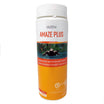

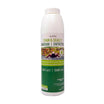
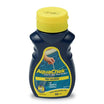
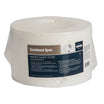
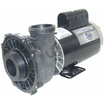
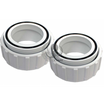
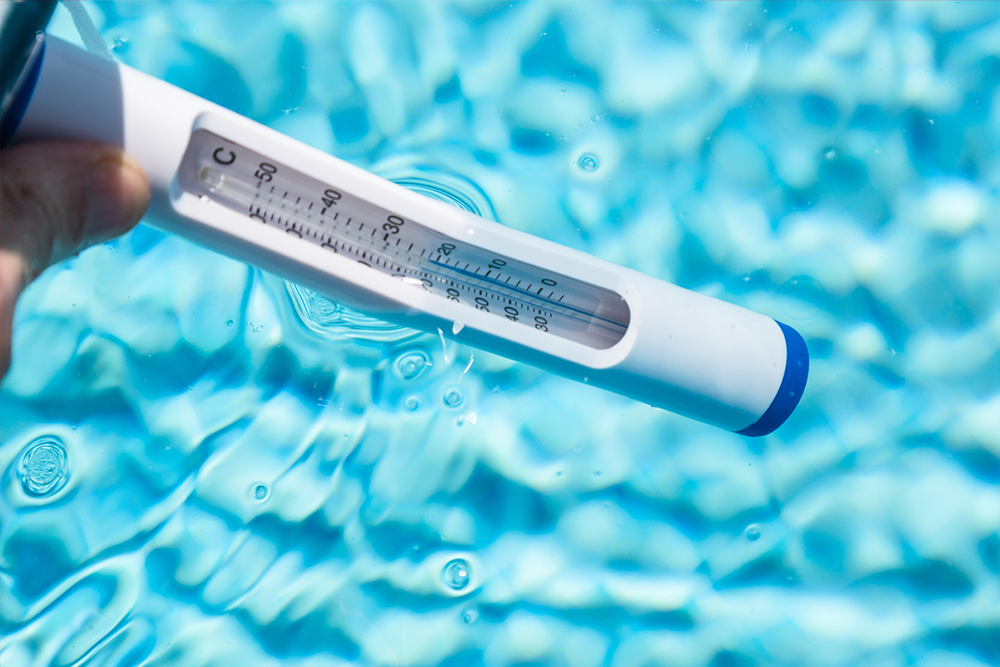


Leave a comment
This site is protected by hCaptcha and the hCaptcha Privacy Policy and Terms of Service apply.